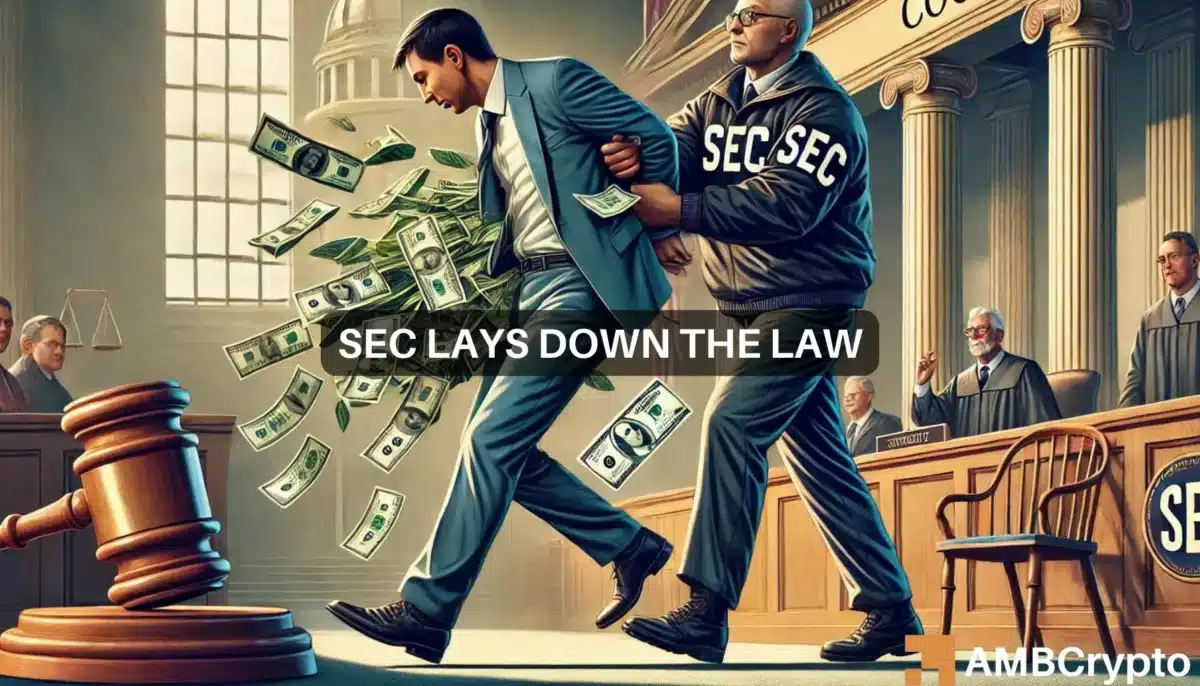SEC charges Bitclout aka DeSo’s Al-Naji with $257M securities fraud

- Bitclout’s Al-Naji reportedly lied about the project’s lack of decentralized nature
- SEC’s actions come on the back of the agency cracking down on entities guilty of similar violations
The United States’ Securities and Exchange Commission (SEC) has charged Nader Al-Naji, Founder of BitClout, with selling $257 million in unregistered securities through the platform’s native token, BTCLT. According to the SEC, Al-Naji defrauded investors by misusing a portion of these funds, allocating them for personal expenses, including compensating family members and purchasing luxury items.
The SEC’s complaint highlighted that Al-Naji falsely promoted BitClout as a decentralized project to evade regulatory scrutiny. This misrepresentation, according to the SEC, was a deliberate effort to avoid compliance with U.S. securities laws. By claiming decentralization, Al-Naji attempted to mislead investors about the nature of the project and its regulatory obligations.
Here, it’s worth noting that the SEC also referred to Al-Naji’s Decentralized Social (DeSo) in the press release.
This case is part of a broader effort by the SEC to impose the rule of law on cryptocurrency entities. Over the past few years, the SEC has intensified its scrutiny of the crypto industry, aiming to protect investors from fraudulent schemes and ensure that all securities offerings comply with existing regulations.
The SEC has targeted numerous projects for similar violations, emphasizing the need for transparency and adherence to securities laws in the rapidly evolving crypto market.
One notable case was the SEC’s action against Ripple Labs, Inc., and its executives, who were accused of raising over $1.3 billion through an unregistered, ongoing digital asset securities offering. The SEC’s lawsuit argued that the XRP token was a security and that the company had failed to register it as such, thereby violating federal securities laws.
Another significant case involved the cryptocurrency lending platform BlockFi, which was fined $100 million by the SEC and state regulators for offering unregistered securities through its interest-bearing accounts. The SEC asserted that BlockFi’s accounts were investment contracts and thus required registration under securities laws.
These actions underscore the SEC’s commitment to regulating the crypto industry and protecting investors. By targeting high-profile cases and imposing substantial penalties, the SEC aims to deter non-compliance and promote a more transparent and secure investment environment.
As the industry continues to grow, regulatory oversight is likely to intensify, with the SEC and other regulatory bodies seeking to ensure that investor protection remains a top priority.






